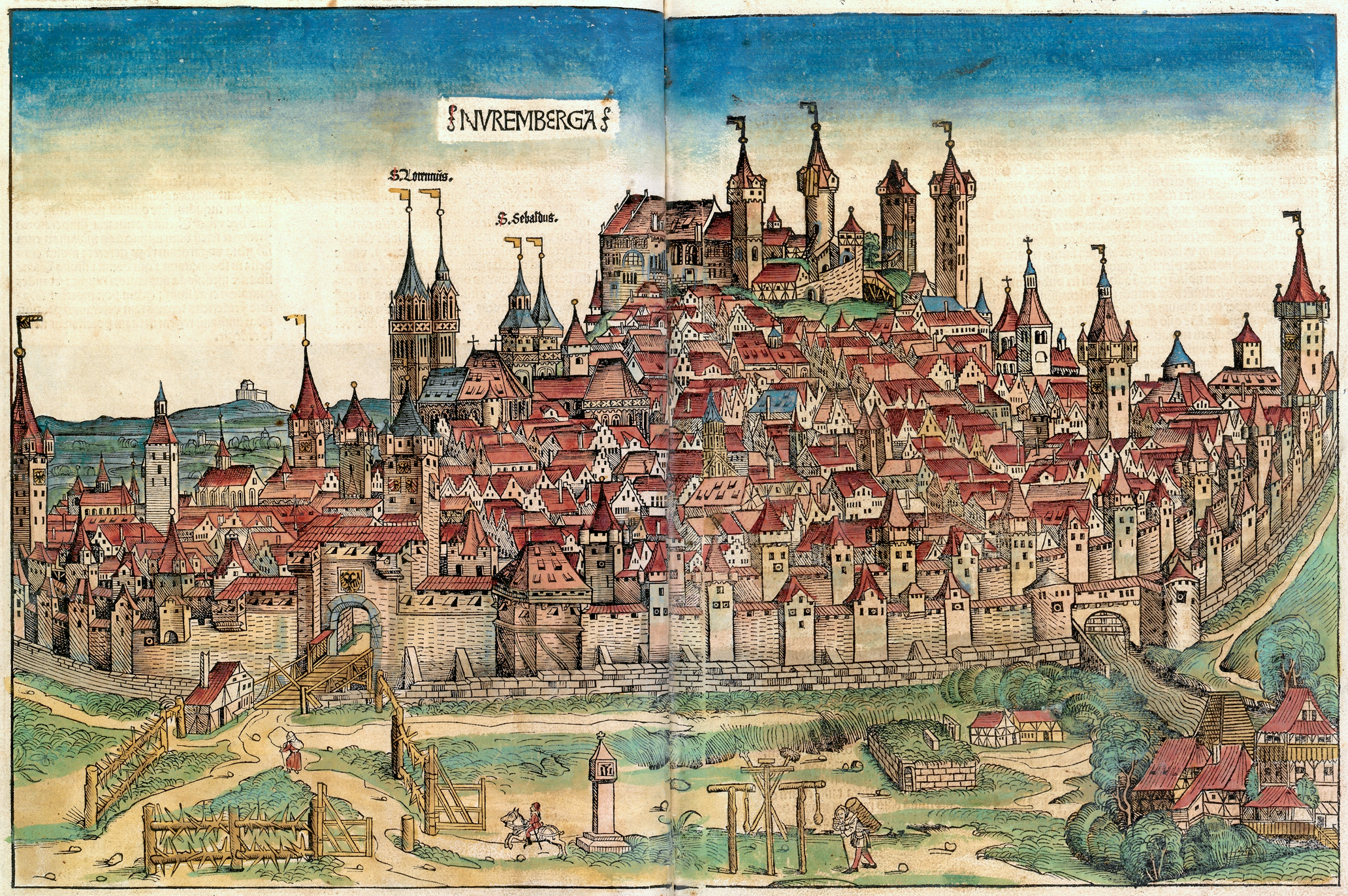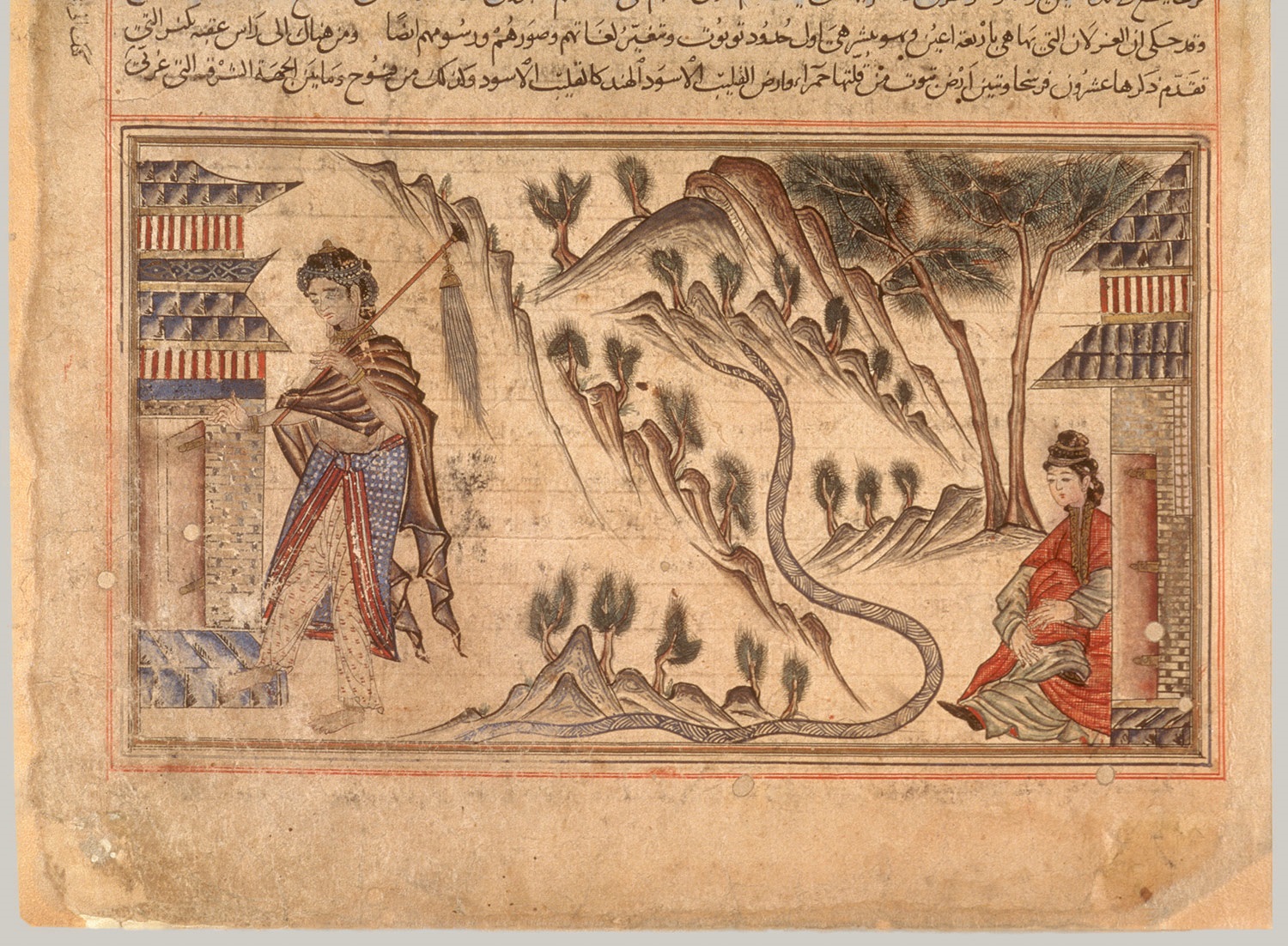|
Universal History
Universal history may refer to: * Universal history (genre), a literary genre **''Jami' al-tawarikh'', 14th-century work of literature and history, produced by the Mongol Ilkhanate in Persia ** Universal History (Sale et al), ''Universal History'' (Sale et al), an 18th-century history book * Big History, an academic discipline that takes an astronomical perspective (from the Big Bang to the present) ** Chronology of the universe, the history and future of the universe according to Big Bang cosmology * World history (field) or global history, a field of historical study that takes a worldwide/global perspective * Human history, the history of human beings that takes a human perspective ** History of globalization, aspect of human history from the perspective of globalization See also * History of Earth, the history of planet Earth * World history (other) {{disambiguation ... [...More Info...] [...Related Items...] OR: [Wikipedia] [Google] [Baidu] |
Universal History (genre)
A universal history is a work aiming at the presentation of a history of all of humankind as a whole. Universal historians try to identify connections and patterns among individual historical events and phenomena, making them part of a general narrative. A universal chronicle or world chronicle typically traces history from the beginning of written information about the past up to the present. Therefore, any work classed as such purportedly attempts to embrace the events of all times and nations in so far as Scientific method, scientific treatment of them is possible. Siegfried of Ballhausen was the first to use the title ''Historia universalis'' (universal history) in 1304. Examples Ancient examples Hebrew Bible A project of Universal history may be seen in the Hebrew Bible, which from the point of view of its redactors in the 5th century BC presents a history of humankind from Genesis creation narrative, creation to the Noah's flood, Flood, and from there a history of the Is ... [...More Info...] [...Related Items...] OR: [Wikipedia] [Google] [Baidu] |
Jami' Al-tawarikh
''Jāmiʿ al-Tawārīkh'' () is a work of literature and history, produced in the Mongol Ilkhanate. Written by Rashid al-Din Hamadani (1247–1318 AD) at the start of the 14th century, the breadth of coverage of the work has caused it to be called "the first world history". It was in three volumes and published in Arabic and Persian versions. The surviving portions total approximately 400 pages of the original work. The work describes cultures and major events in world history from China to Europe; in addition, it covers Mongol history, as a way of establishing their cultural legacy. The lavish illustrations and calligraphy required the efforts of hundreds of scribes and artists, with the intent that two new copies (one in Persian, and one in Arabic) would be created each year and distributed to schools and cities around the Ilkhanate, in the Middle East, Central Asia, Anatolia, and the Indian subcontinent. Approximately 20 illustrated copies were made of the work during Rashid ... [...More Info...] [...Related Items...] OR: [Wikipedia] [Google] [Baidu] |
Universal History (Sale Et Al)
The ''Universal History'' (complete title: ''An Universal history, from the earliest account of time. Compiled from original authors; and illustrated with maps, cuts, notes, &c. With a general index to the whole.'') was a 65-volume Universal history (genre), universal history of the world published in London between 1747 and 1768. Contributors included George Sale, George Psalmanazar, Archibald Bower, George Shelvocke, John Campbell (author), John Campbell and John Swinton (1703–1777), John Swinton. The novelist Tobias Smollett edited for a short period. It was one of the first works to attempt to unify the history of Western Europe with the stories of the known world. As a major historical synthesis on, among other subjects, European colonial activities during the modern era, the ''Modern Part of an Universal History'' (1754–65) can be considered, according to one specialist, Guido Abbattista, as a precursor of the famous abbé Guillaume Thomas François Raynal, Guillaume Ray ... [...More Info...] [...Related Items...] OR: [Wikipedia] [Google] [Baidu] |
Big History
Big History is an academic discipline that examines history from the Big Bang to the present day, present. Big History resists specialization and searches for universal patterns or trends. It examines long time frames using a multidisciplinary approach based on combining numerous disciplines from science and the humanities. It explores human existence in the context of this bigger picture. It integrates studies of the cosmos, Earth, life, and humanity using empirical evidence to explore causality, cause-and-effect relations. It is taught at universities as well as primary and secondary schools often using web-based interactive presentations. Historian David Christian (historian), David Christian has been credited with coining the term "Big History" while teaching one of the first such courses at Macquarie University. An all-encompassing study of humanity's relationship to cosmology and natural history has been pursued by scholars since the Renaissance, and the new field, Big H ... [...More Info...] [...Related Items...] OR: [Wikipedia] [Google] [Baidu] |
World History (field)
World history or global history as a field of historical study examines history from a global perspective. It emerged centuries ago; some leading practitioners are Voltaire (1694–1778), Hegel (1770–1831), Karl Marx (1818–1883), Oswald Spengler (1880–1936), and Arnold J. Toynbee (1889–1975). The field became much more active (in terms of university teaching, textbooks, scholarly journals, and academic associations) in the late 20th century. It is not to be confused with comparative history, which, like world history, deals with the history of multiple cultures and nations, but does not do so on a global scale. World historians use a thematic approach, with two major focal points: integration (how processes of world history have drawn people of the world together) and difference (how patterns of world history reveal the diversity of the human experience). Periodisation World history in the Western tradition is commonly divided into three parts, viz. ancient, medi ... [...More Info...] [...Related Items...] OR: [Wikipedia] [Google] [Baidu] |
Human History
Human history or world history is the record of humankind from prehistory to the present. Early modern human, Modern humans evolved in Africa around 300,000 years ago and initially lived as hunter-gatherers. They Early expansions of hominins out of Africa, migrated out of Africa during the Last Ice Age and had spread across Earth's continental land except Antarctica by the end of the Ice Age 12,000 years ago. Soon afterward, the Neolithic Revolution in West Asia brought the first systematic Agriculture, husbandry of plants and animals, and saw many humans transition from a nomadic life to a Sedentism, sedentary existence as farmers in Civilization, permanent settlements. The growing complexity of human societies necessitated systems of accounting and writing. These developments paved the way for the Cradle of civilization, emergence of early civilizations in Mesopotamia, Ancient Egypt, Egypt, the Indus Valley, and History of China, China, marking the beginning of the ancient ... [...More Info...] [...Related Items...] OR: [Wikipedia] [Google] [Baidu] |
History Of Globalization
The historical origins of globalization (also known as historical globalization) are the subject of Globalization studies, ongoing debate. Though many scholars situate the Timeline of international trade, origins of globalization in the modern era (around the 19th century), others regard it as a phenomenon with a long history, dating back thousands of years (a concept known as archaic globalization). The period in the history of globalization roughly spanning the years between 1600 and 1800 is in turn known as the proto-globalization. Periodization Thomas L. Friedman divides the history of globalization into three periods: Globalization 1.0 (1492–1800), Globalization 2.0 (1800–2000) and Globalization 3.0 (2000–present). He states that Globalization 1.0 involved the globalization of countries, Globalization 2.0 involved the globalization of companies and Globalization 3.0 involves the globalization of individuals. Klaus Schwab, founder and Executive Chairman of the World Econ ... [...More Info...] [...Related Items...] OR: [Wikipedia] [Google] [Baidu] |
History Of Earth
The natural history of Earth concerns the development of planet Earth from its formation to the present day. Nearly all branches of natural science have contributed to understanding of the main events of Earth's past, characterized by constant geology, geological change and biological evolution. The geologic time scale, geological time scale (GTS), as defined by international convention, depicts the large spans of time from the beginning of Earth to the present, and its divisions chronicle some definitive events of Earth history. Earth formed around 4.54 billion years ago, approximately one-third the age of the universe, by accretion (astrophysics), accretion from the Formation and evolution of the Solar System#Formation of the planets, solar nebula. Volcanic outgassing probably created the primordial atmosphere and then the ocean, but the early atmosphere contained almost no oxygen. Much of Earth was molten because of frequent collisions with other bodies which led to extrem ... [...More Info...] [...Related Items...] OR: [Wikipedia] [Google] [Baidu] |



